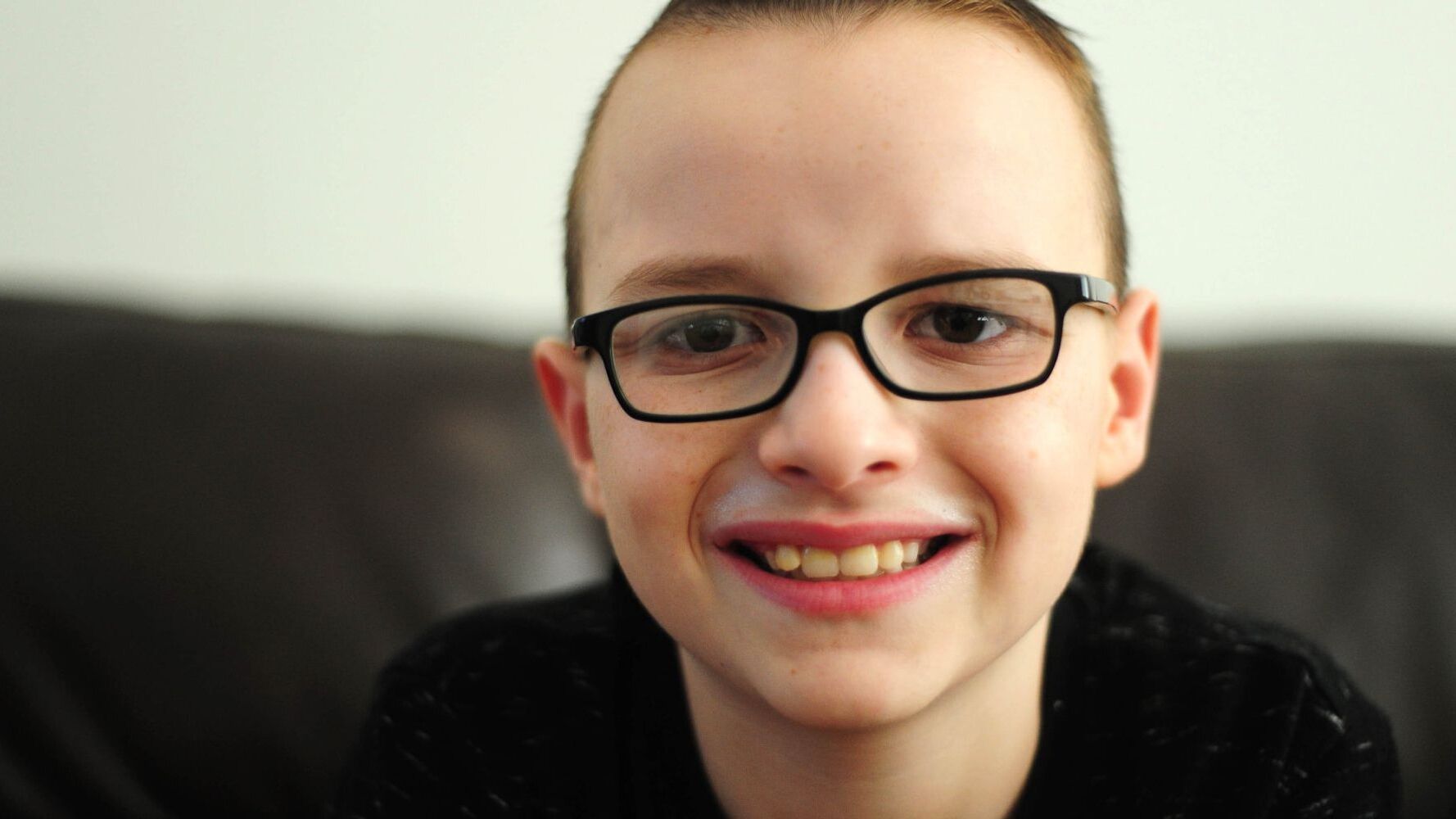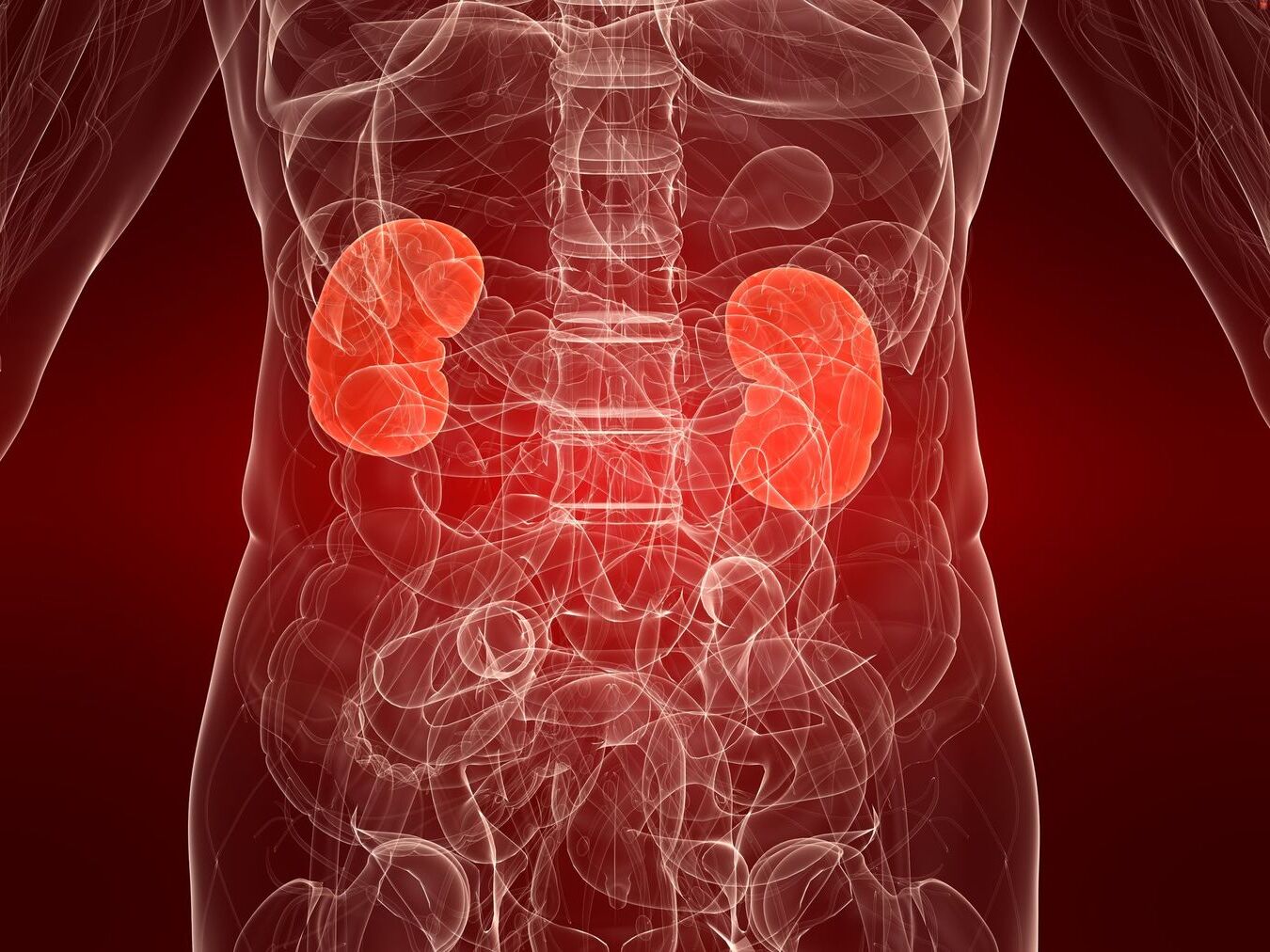
Tricho-Hepato-Enteric Syndrome is a rare genetic disorder that affects multiple systems in the body. Characterized by distinctive hair abnormalities, liver disease, and severe diarrhea, this syndrome can be challenging for families and healthcare providers. Caused by mutations in the SKIV2L and TTC37 genes, it disrupts normal cellular functions, leading to a variety of symptoms. Early diagnosis and intervention are crucial for managing the condition and improving quality of life. Understanding the complexities of this syndrome can help in providing better care and support for those affected. Here are 30 essential facts to help you grasp the key aspects of Tricho-Hepato-Enteric Syndrome.
Key Takeaways:
- Tricho-Hepato-Enteric Syndrome (THES) is a rare genetic disorder affecting the hair, liver, and intestines, leading to severe symptoms and complications. Genetic testing, specialized diets, and regular monitoring are crucial for managing the condition.
- Families dealing with THES require a team of specialists, early intervention programs, and emotional support. Maintaining hygiene, regular follow-ups, and staying informed about new treatments are essential for managing the condition and improving quality of life.
What is Tricho-Hepato-Enteric Syndrome?
Tricho-Hepato-Enteric Syndrome (THES) is a rare genetic disorder that affects multiple systems in the body. It primarily impacts the hair, liver, and intestines, leading to a variety of symptoms and complications. Here are some fascinating facts about this condition:
-
THES is an autosomal recessive disorder, meaning both parents must carry the gene mutation for a child to be affected.
-
The syndrome is caused by mutations in the TTC37 or SKIV2L genes, which play roles in RNA processing and stability.
-
Symptoms often appear in infancy, typically within the first few months of life.
-
Infants with THES usually have severe diarrhea, which can lead to malnutrition and growth failure.
-
Liver abnormalities are common, including hepatomegaly (enlarged liver) and liver fibrosis.
-
Hair abnormalities are a hallmark of THES, with affected individuals often having sparse, brittle, or easily breakable hair.
How Does THES Affect the Body?
THES impacts various organs and systems, leading to a range of health issues. Understanding these effects can help in managing the condition better.
-
The intestines are significantly affected, leading to chronic diarrhea and malabsorption of nutrients.
-
Liver complications can progress to cirrhosis, a severe scarring of the liver tissue.
-
The immune system may be compromised, making individuals more susceptible to infections.
-
Some children with THES experience developmental delays and intellectual disabilities.
-
Skin abnormalities, such as eczema or ichthyosis (dry, scaly skin), are also common.
-
Bone marrow failure can occur, leading to anemia and other blood-related issues.
Diagnosis and Treatment of THES
Diagnosing and treating THES can be challenging due to its rarity and the complexity of symptoms. Here are some key points about the process:
-
Genetic testing is essential for diagnosing THES, as it can identify mutations in the TTC37 or SKIV2L genes.
-
A thorough clinical evaluation, including liver function tests and intestinal biopsies, is often required.
-
There is no cure for THES, but treatment focuses on managing symptoms and complications.
-
Nutritional support is crucial, often requiring specialized diets or feeding tubes.
-
Liver transplantation may be necessary in severe cases of liver disease.
-
Regular monitoring and supportive care can improve the quality of life for individuals with THES.
Living with Tricho-Hepato-Enteric Syndrome
Living with THES involves ongoing medical care and support. Here are some aspects of daily life for those affected:
-
Families often need to work closely with a team of specialists, including gastroenterologists, hepatologists, and geneticists.
-
Early intervention programs can help address developmental delays and improve outcomes.
-
Support groups and counseling can provide emotional support for families dealing with THES.
-
Maintaining a strict hygiene regimen is important to prevent infections due to a weakened immune system.
-
Regular follow-ups with healthcare providers are essential to monitor and manage the condition.
-
Advances in genetic research may offer hope for future treatments and therapies.
Interesting Facts About THES
Here are some additional intriguing facts about Tricho-Hepato-Enteric Syndrome:
-
THES is extremely rare, with fewer than 100 cases reported worldwide.
-
The syndrome was first described in the medical literature in the early 1990s.
-
Researchers are still uncovering new information about the genetic and molecular mechanisms underlying THES.
-
Some individuals with THES may have normal intelligence and lead relatively independent lives.
-
Awareness and education about THES are crucial for early diagnosis and intervention.
-
Ongoing research and clinical trials are exploring potential new treatments for THES.
Final Thoughts on Tricho-Hepato-Enteric Syndrome
Tricho-Hepato-Enteric Syndrome (THES) is a rare genetic disorder that affects multiple systems in the body. Understanding THES can help families and medical professionals better manage the condition. Key symptoms include hair abnormalities, liver issues, and intestinal problems. Early diagnosis and intervention are crucial for improving the quality of life for those affected. Genetic testing can confirm the diagnosis, and ongoing research aims to find better treatments. Support groups and specialized medical care are essential resources for families dealing with THES. While there is no cure yet, advancements in medical science offer hope for the future. Staying informed and connected with healthcare providers can make a significant difference.
Frequently Asked Questions
Was this page helpful?
Our commitment to delivering trustworthy and engaging content is at the heart of what we do. Each fact on our site is contributed by real users like you, bringing a wealth of diverse insights and information. To ensure the highest standards of accuracy and reliability, our dedicated editors meticulously review each submission. This process guarantees that the facts we share are not only fascinating but also credible. Trust in our commitment to quality and authenticity as you explore and learn with us.


